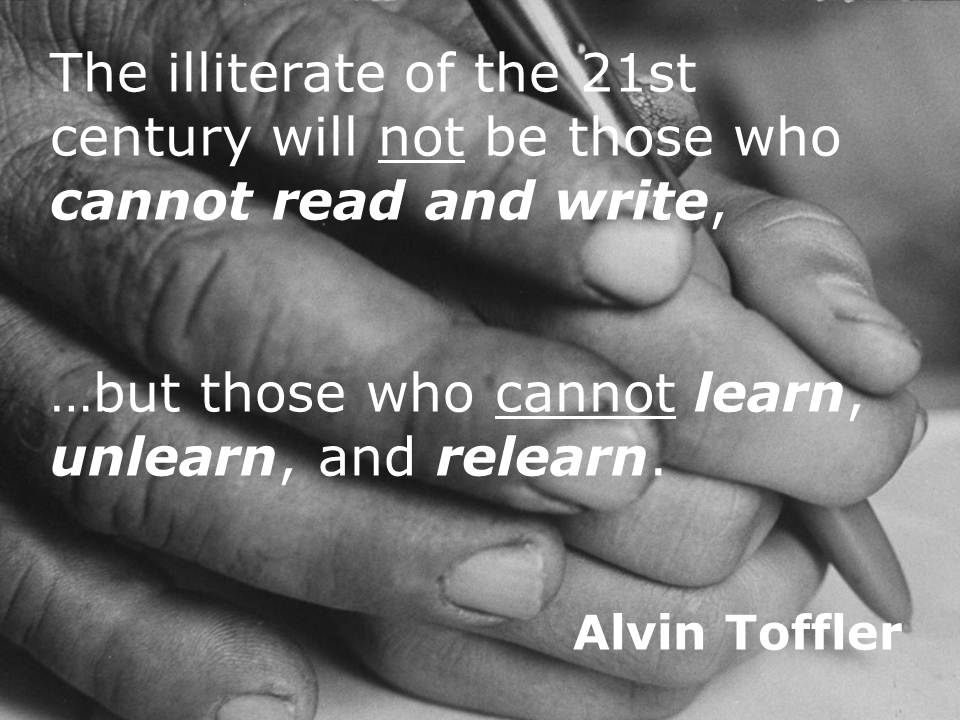“Such practices do matter for both school achievement and for young people’s emotional and cognitive development,” (Moje 10).
We have been discussing literacy as an academic issue whereas if someone is illiterate that they are unsuccessful readers and achievers in school. I liked this quote because in my article group we are discussing Gender and Literacy and I found a video based on a man who wrote a book called, “The Minds of Boys,” in which he discusses differences between genders. He says, “What is going to help these children isn’t what they read, it’s that they read “. Our teaching society stresses so heavily on the issue that children either need to be motivated or challenged in their readings rather than being tested on assigned readings or adequate level readings, but the truth of the matter is that kids just need to read! Regardless of what it is. I remember being younger and being in the AR program, I LOVED reading the Goosebumps series. I loved the thrill of it and the mystery of what would happen next, but this series was not a part of the AR program. I barely got to read them because I didn’t have time for a free-read on top of homework. So I tried reading the books that the other kids read, but they were just so predictable or slow or just didn’t meet my interest. My brother on the other hand picked books of several higher reading levels, his teachers didn’t encourage him, but he did it anyway and took a quiz on the book and scored really highly. These books intrigued him. Now, my brother is a complete book worm, he can tell you what any word means, can relate these stories to his real life experiences and has all the reading and writing skills that adolescents are “supposed” to have. I’m the opposite. I can’t read books, I despise it. I can read articles, web pages, blogs, etc. because they are short lived and straight to the point. Because I wasn’t involved in reading as a child, I really struggle with reading now. My brother read and still reads. I can tell you about Shakespeare, Hamlet, To Kill a Mockingbird, October Sky, and all these required materials from High School because I listened in class. My brother couldn’t tell you anything from these stories because they never interested him. My point being, I entirely support the idea that it doesn’t matter what an adolescent is reading, it matters that they are just reading. From reading of interest their mind will expand and explore other books and will comprehend new material better. I think teachers are too worried about structured reading and certain programs to follow when really, reading itself whether it is magazines, music lyrics, websites, short stories, articles, or books, it will benefit a person academically, emotionally and cognitively just as Moje said.



 Website:
Website: